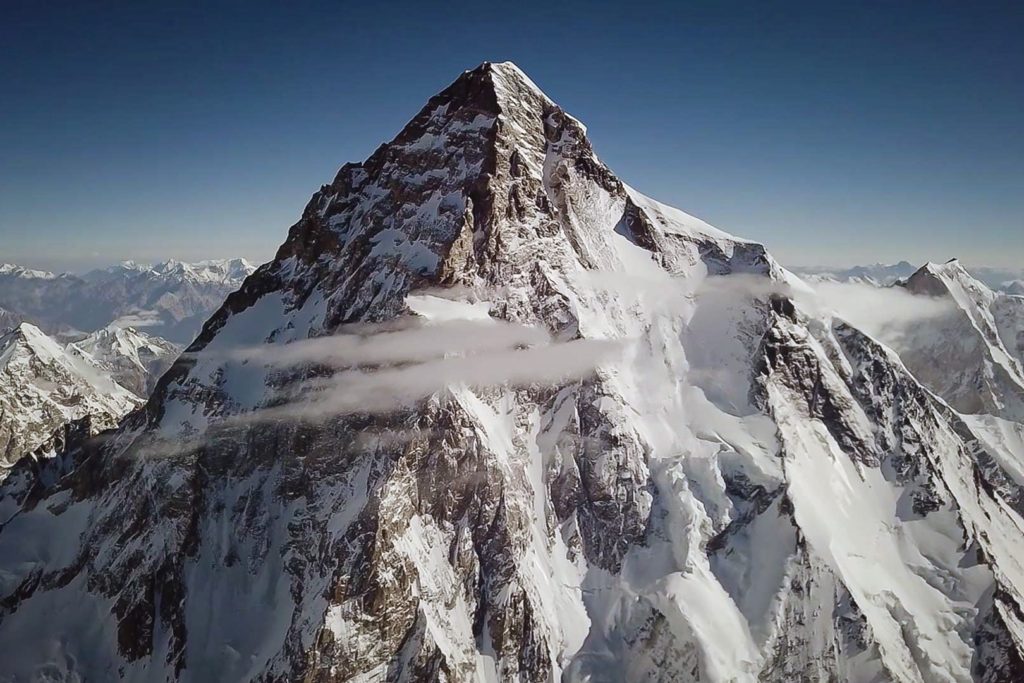In every crisis lies an opportunity, they say. This could be the case in the Karakorum mountains where, against all odds, the summer is looking promising. After the horrors of spring in the Himalayas – covid and overcrowding on Everest – Pakistan is poised to see some good (or even very good) climbers attempt original ascents, or failing that, with a lighter style than usual. The upside of the health crisis ?
Spring season in Nepal left somehow a bitter taste. Secrecy, crowds, overuse of ropes, helicopters and oxygen but, most of all, a business based on selling as many permits as possible (a record 408 for Everest!) in a highly vulnerable country and in a middle of a pandemic, brought disastrous consequences and made the kind of headlines that Nepal government had precisely tried to avoid. With the surge of COVID in southern Asia, perspectives for the Karakorum season were far from bright.
“After India, Nepal and Bangladesh, it’s a question of time COVID swaps to Pakistan; it’s just not the year,” reported Lukas Furtenbach after cancelling his trips to Broad Peak and K2. Stefi Troguet from Andorra had planned to climb Dhaulagiri in spring as preparation for K2, but what he got instead was COVID when the virus spread in Base Camp, no summit, a difficult time trying to get out of a locked-down Nepal, and a final feeling of “emptiness and selfishness.” She is now recovered from the virus infection but allegedly


